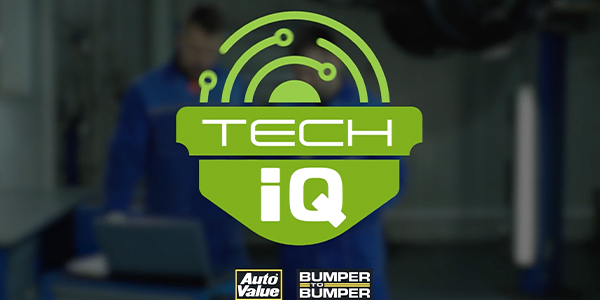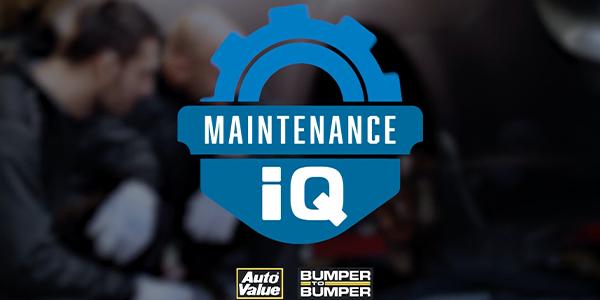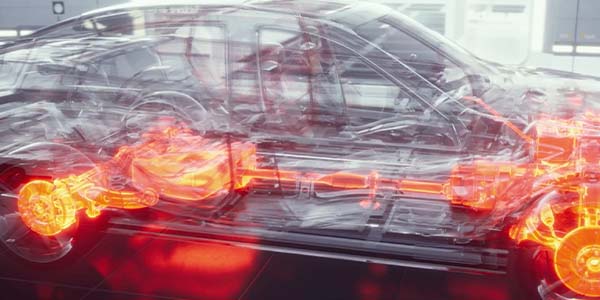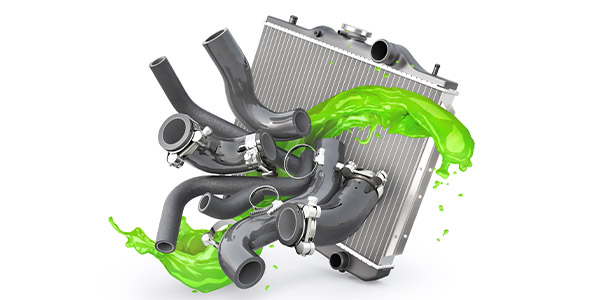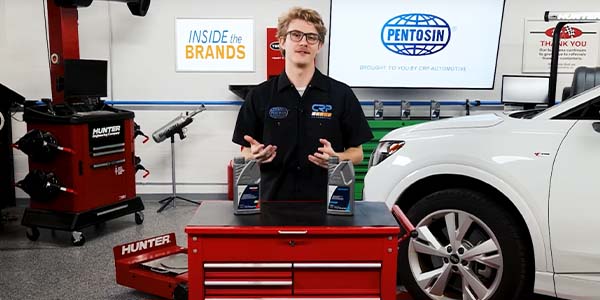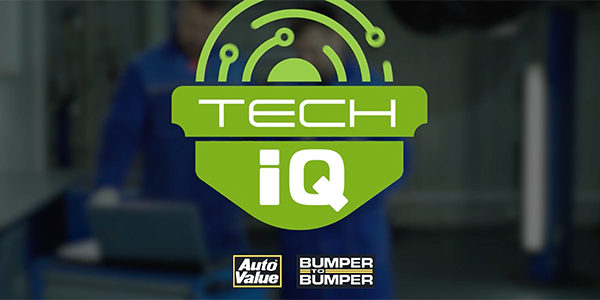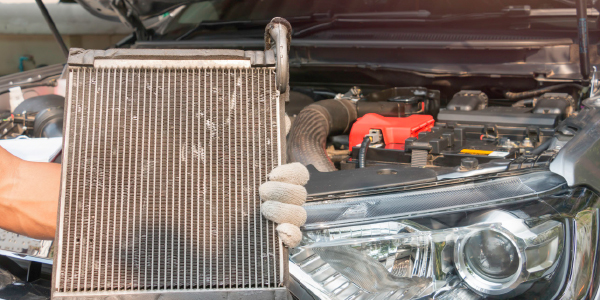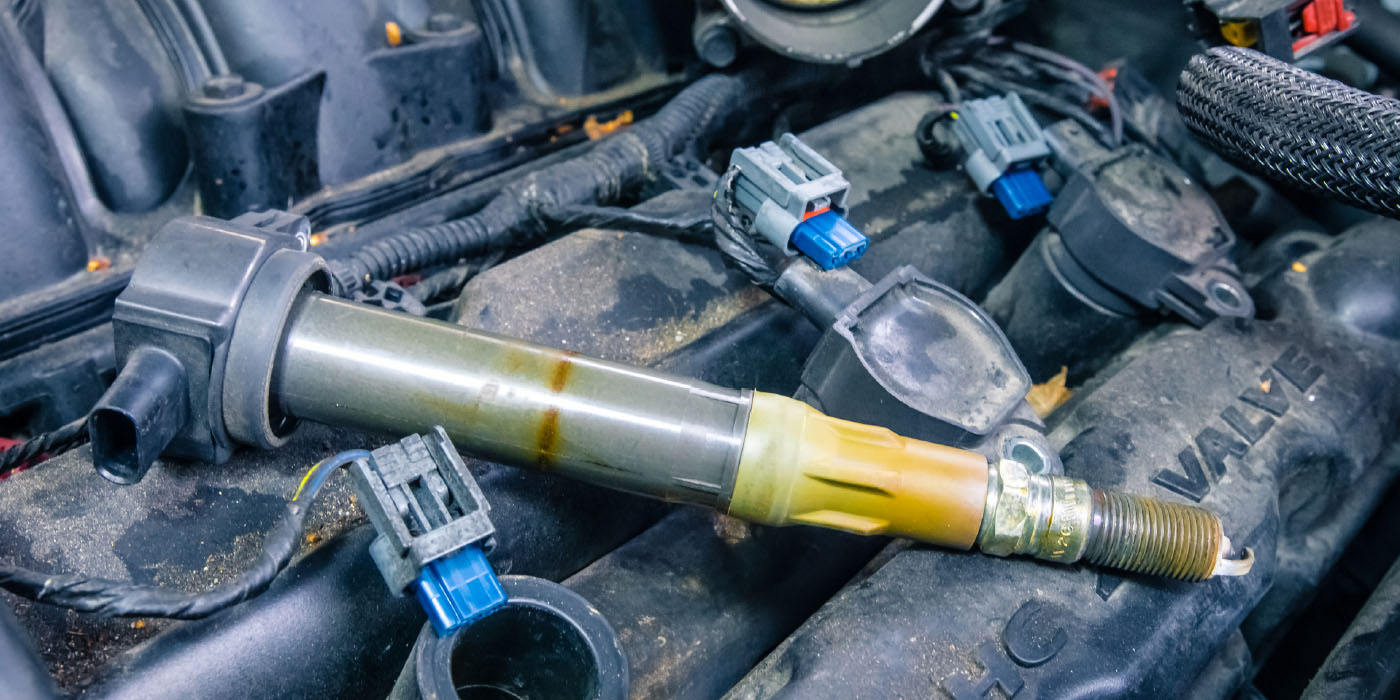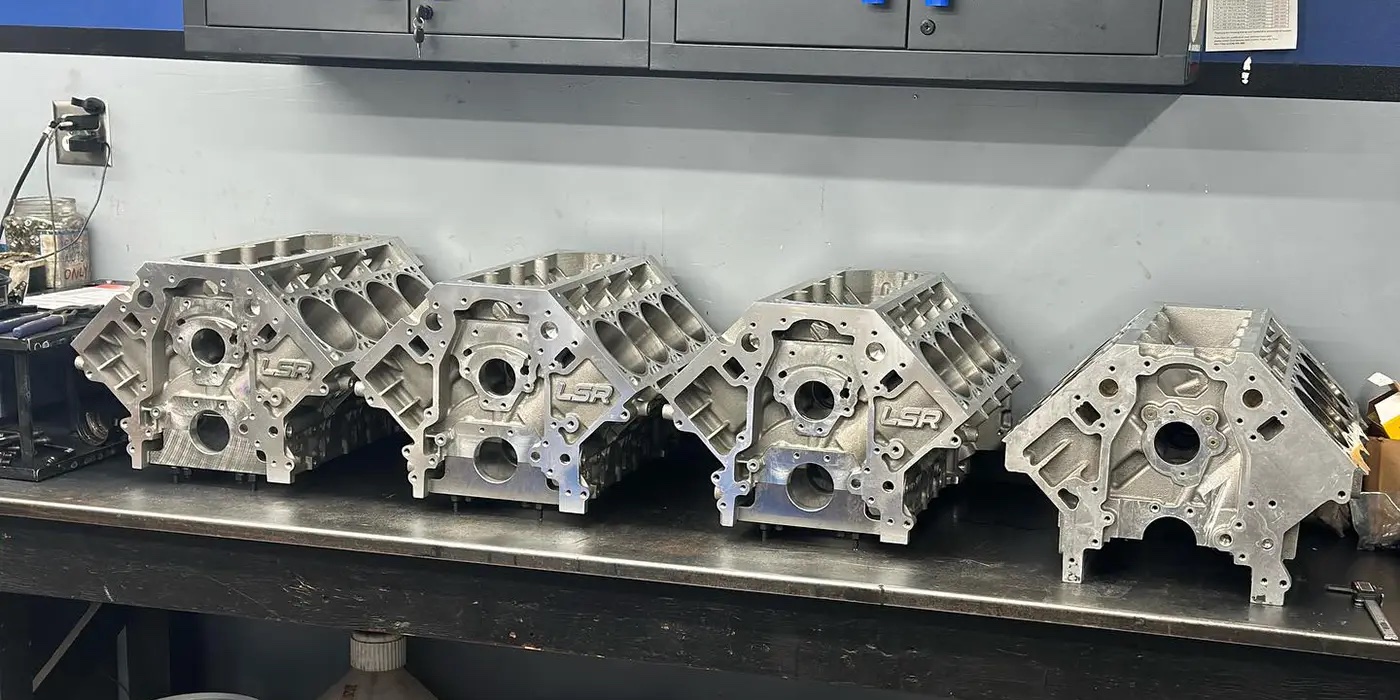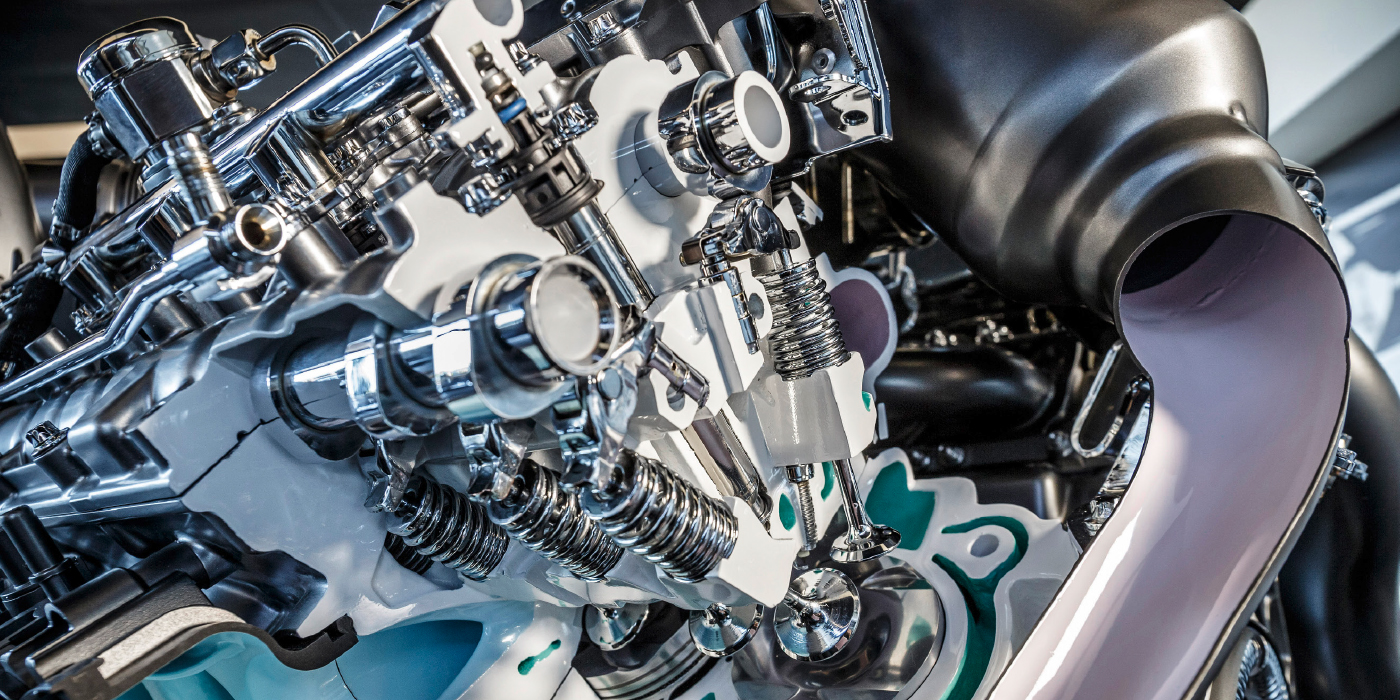When your customers pull into your shop with an engine issue, they really only want to know two things: can you solve their problem and can you do it right the first time?
When your engine management parts supplier is a global, trusted Original Equipment – or OE – partner, you can confidently answer yes.
The components in a gasoline powertrain include spark plugs and ignition coils, of course, but also include fuel pumps and injectors, electronic throttle bodies and a wide assortment of sensors, including manifold pressure and Mass Air Flow sensors, knock sensors, cam and crankshaft position sensors, oxygen sensors and pressure and temperature sensors.
Engine management components are notoriously complex and the systems in which they exist must be maintained for proper operation. It’s a complex dance that all these components need to perform in order for a car to reach its peak efficiency – in fact, components that are out of spec can prevent your customer’s vehicle from starting in the first place.
Bosch is an established global leader with Original Equipment Manufacturer – or OEM – trusted parts for the most recognized and respected domestic, European and Asian vehicle manufacturers. This commitment to meeting the OE requirements isn’t easy but the effort is worth it because QUALITY is worth it. By delivering aftermarket parts that meet the form, fit and function of the original parts, Bosch helps get the job done the right way, the first time.
And time is money. Your technicians shouldn’t have to wait for a part that MIGHT fix the vehicle, nor should your bays be tied up by unnecessary comebacks. Sub-par parts can lead to unsatisfactory repairs and unsatisfied customers.
Your customers may look under their hood and be overwhelmed by the wires, plugs, sensors and components staring back at them – they come to you for explanations and answers to why their vehicles aren’t starting or running correctly.
No matter what vehicle they drive, the answer to their questions will likely be Bosch.


